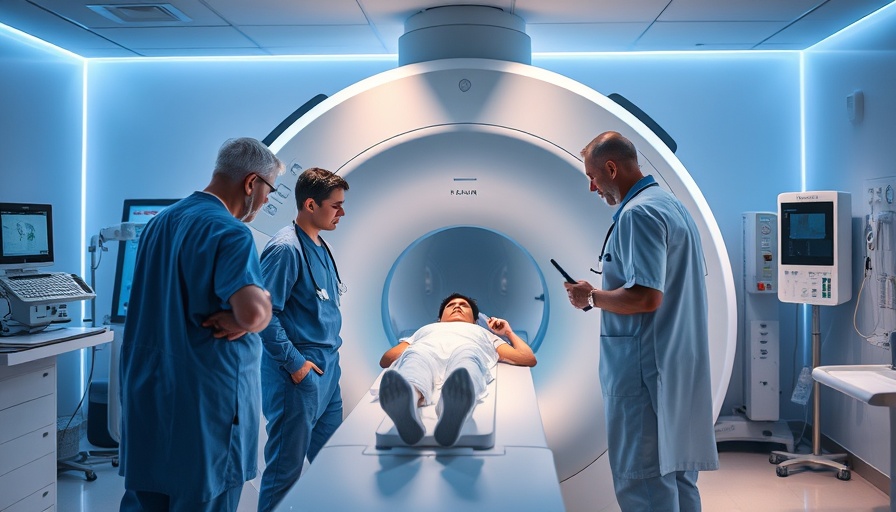
Imaging Scans: A Hidden Contributor to Climate Change
In a world where health trends often steer individuals toward advanced medical imaging options like CT and MRI scans, few consider the environmental cost of such choices. A recent study highlighted that unnecessary imaging scans for Medicare recipients alone produce around 129 metric kilotons of carbon dioxide each year. This astonishing figure translates to the energy needs of a town with a population of over 70,000.
Understanding the Impact of Unnecessary Scans
Researchers analyzed the utilization of imaging scans among nearly 30 million traditional Medicare beneficiaries from 2017 through 2021, noting that a staggering 26% of these scans were unnecessary. Specifically, CT scans accounted for about half of these emissions, while MRIs contributed another quarter. It’s essential to recognize the broader implications of this wastefulness—not only in terms of carbon emissions but also in healthcare costs and resource allocation.
Potential Solutions: Cutting Down Emissions
The findings suggest that reducing unnecessary imaging could lead to a significant decrease in emissions. The potential benefits extend beyond environmental preservation: fewer imaging tests may also alleviate the pressure on healthcare systems burdened by rising costs and shortages in the radiology workforce. Cutting back on excessive scanning will not only safeguard the planet but also support patient health outcomes.
The Broader Medical Implications
In an age where medications and treatments aim for precision, understanding the connection between our health choices and environmental sustainability becomes crucial. Patients must engage in informed discussions with healthcare providers about the necessity of recommended imaging tests. A collaborative approach can guide them towards choices that aren’t just medically sound but also environmentally friendly.
Action Steps: What Can You Do?
As individuals, remaining vigilant about unnecessary medical imaging presents an opportunity for environmental stewardship within healthcare. Those seeking further information about prescription drugs or alternative treatments for health concerns can articulate their preferences during medical consultations. Contact us for more details on managing your health responsibly while considering environmental impacts.
 Add Row
Add Row  Add
Add 




Write A Comment